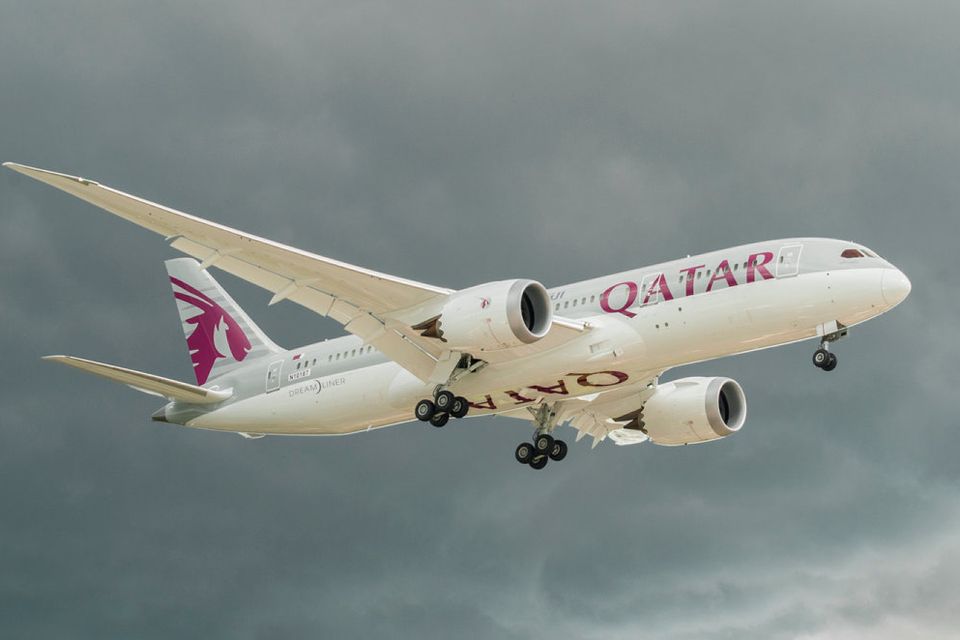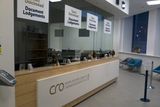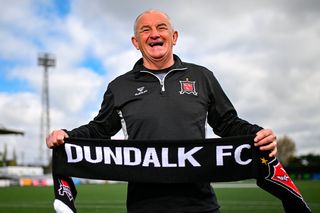Sky's the limit for Irish in Middle East aviation sector
Qatar Airways commences flights between Dublin and Doha this summer. Photo: Deposit
This June, Qatar Airways will commence daily flights from Dublin to the Qatari capital Doha, the planned location of the Fifa World Cup in 2022. This is Ireland's first direct air link to the Gulf state - and Qatar Airways' first Irish route. But the airline is in ambitious expansion mode, as Dublin is just one of 14 new cities it will add to its network in 2017/18.
According to forecasts from Moody's, the region is set to be the fastest-growing in the world for the airline industry in 2017. This is despite weak oil prices slowing economic growth in key Gulf states. In December 2016, Boeing announced that the Middle East's commercial aviation industry will need an additional 92,000 cabin crew, 58,000 pilots and 66,000 technicians over the next two decades.
While the mega-carriers have strong in-house capabilities, there are opportunities for Irish companies to provide niche solutions. Equally, opportunities with the region's smaller national airlines and new low-cost carriers, such as Fly Dubai, Air Arabia and FlyNas, should not be underestimated.
The requirements are many and varied - from wifi and passenger connectivity solutions to helping the airlines enhance the customer experience and brand perception to the development of e-commerce platforms to cross-sell offers such as car hire and hotels.
There is also a need for innovation to manage the increasingly congested airspace throughout the region and address security issues in aviation. A number of airport expansions are planned or under way. Low-cost carriers are growing in popularity in the Middle East, and Ireland has a strong reputation in this area - alongside aircraft leasing, duty free and engineering. DAA is managing and operating the new Terminal 5 in Riyadh, and ARI has duty-free operations in the region.
Heavy airframe maintenance, repair and overhaul (MRO) works are predominantly carried out locally and in-house. However, Irish MRO companies that can guarantee minimum downtime, have flexibility accommodating schedule changes and achieve rapid response times will find themselves ahead of the competition. There are also opportunities for recruitment and training companies to ensure sufficient MRO skills are available locally.
To get ahead in this market, it is important to understand the procurement process: the need to display a very high level of transparency can make decision-making arduous.
It is also important to understand where the aviation customer is positioned in terms of life cycle and the landscape of the region; how they make money (if they do), and the market's perception of them, both inside and outside the Middle East.
There are significant differences between each of the countries in the region - and even within different emirates in the UAE - especially in relation to cultural norms and the protocol for doing business.
Irish companies' success to date means that suppliers can open doors for each other. While being specialised has its advantages, SMEs may find themselves up against larger international companies offering a full solution. Closer collaboration with Irish companies offering multiple, complementary solutions in one package could be a way forward.
Enterprise Ireland is bringing a number of senior engineers and managers from the Middle East MRO and aircraft interiors sectors to the Dublin Aviation Summit in the RDS this May, and we will be hosting an Irish pavilion at the Dubai Airshow next November.
As Iran's aviation industry comes out of the shadows, Enterprise Ireland has also produced a useful guide for this market. Given where Iran's carriers find themselves, there is strong potential to leverage Ireland's long experience helping airlines transition from older equipment to newer Boeing and Airbus airframes, especially in areas such as training, aviation English, MRO, aircraft delivery, leasing and ICT. For companies with the right offering and ambition, the sky is the limit.
Rachel Kouyoumdjis is a market adviser with Enterprise Ireland in Doha, Qatar
Join the Irish Independent WhatsApp channel
Stay up to date with all the latest news















